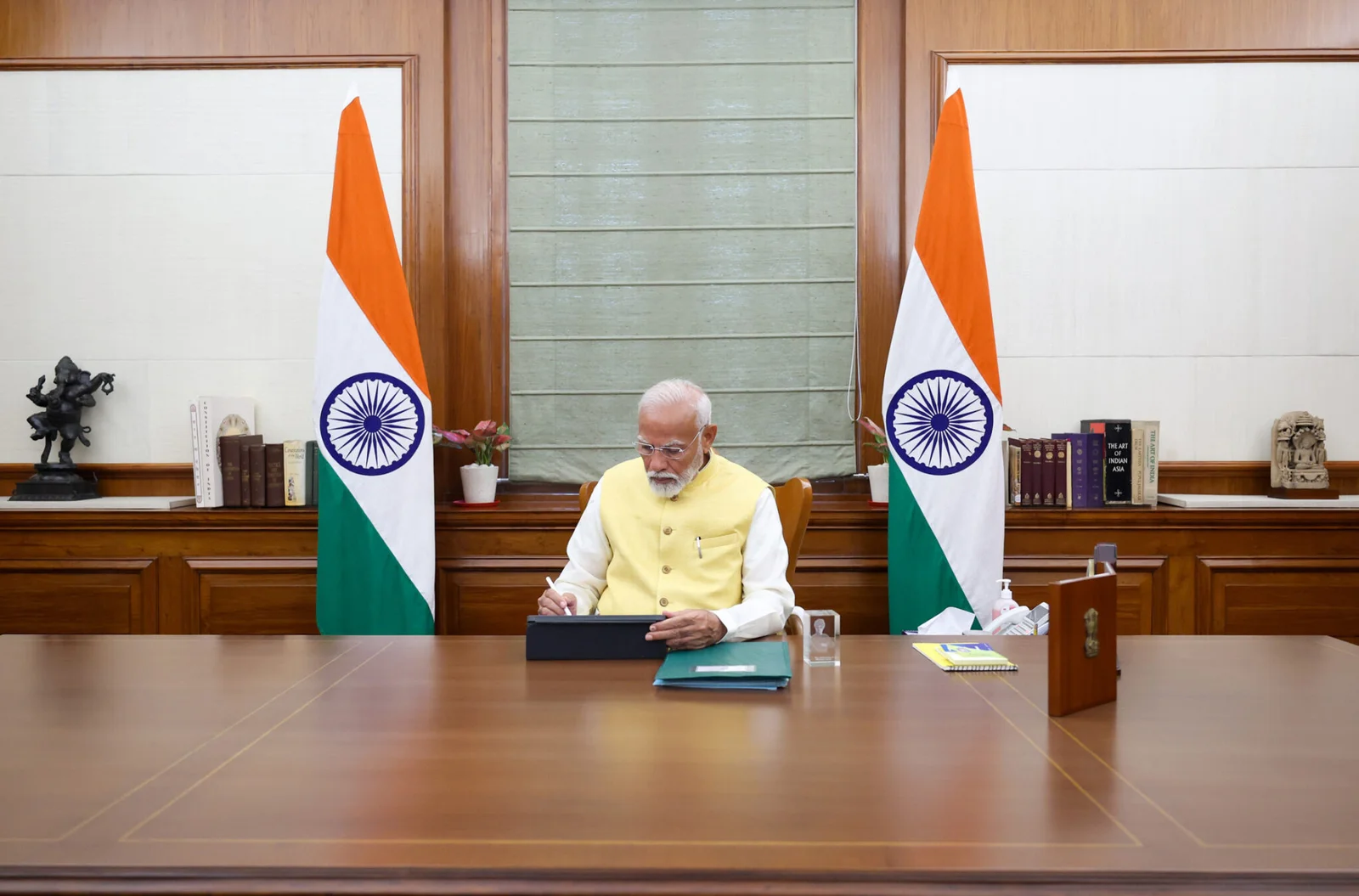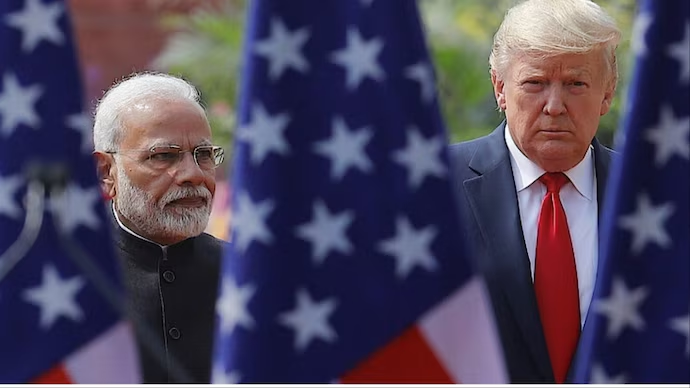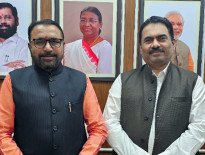Hey, like this? Why not share it with a buddy?

The Prime Minister’s Office (PMO) has convened a high-level meeting on September 23 to deliberate regulatory reforms aimed at fostering large domestic audit and consultancy firms capable of competing with global giants such as Ernst & Young (EY), Deloitte, KPMG and PricewaterhouseCoopers (PwC). The meeting to be chaired by Shaktikanta Das, Principal Secretary to the Prime Minister, will bring together senior officials from the Finance and Corporate Affairs Ministries. According to officials familiar with the matter, the discussions are expected to review progress made since June and chart a roadmap for creating globally competitive Indian firms.
The Strategic Push:
Prime Ministe,r Narendra Modi first raised the idea in 2017, calling for at least four large homegrown firms that could rank among the world’s top eight consultancies. The September meeting signals a renewed effort to turn that vision into reality. For policymakers, the urgency is clear: while India is one of the fastest-growing economies, oversight of its largest corporations remains dominated by foreign networks. Officials argue that relying indefinitely on foreign firms undermines India’s corporate sovereignty and limits domestic expertise.
Current Dominance of the Big Four:
At present, the Indian market is overwhelmingly controlled by affiliates of the Big Four, along with Grant Thornton and BDO. As of March 2025, their affiliates managed assignments for 326 of the 486 Nifty-500 companies. Industry estimates suggest the combined revenues of the Indian affiliates of the Big Four may have crossed ₹45,000 crores in the last fiscal year. Their dominance stems not only from global branding and scale but also from regulatory restrictions that limit the ability of Indian firms to expand.
The Reform Agenda: Multi-disciplinary Firms:
One of the key reforms under consideration is allowing the creation of multi-disciplinary firms (MDFs) — entities where chartered accountants, lawyers, actuaries and company secretaries could collaborate under a single structure. The Ministry of Corporate Affairs has already sought stakeholder input on the proposal. Currently, restrictive rules prevent such cross-professional structures, limiting the ability of Indian firms to compete with global conglomerates that already operate as multi-disciplinary networks.
Bottlenecks to Scaling Up:
A recent Ministry note identified several systemic hurdles:
- Ban on Advertising and Marketing: Indian firms cannot promote their services, unlike their global counterparts.
- Fragmented Regulation: Different professional services are governed by separate regulators, creating compliance hurdles.
- Restrictive Procurement Rules: Public procurement and empanelment processes limit opportunities for domestic firms.
- Limited Global Tie-Ups: Few opportunities exist for Indian firms to partner with international networks.
- Capital Constraints: Current rules make fundraising difficult for professional firms.
Experts argue that easing these bottlenecks is essential if Indian firms are to scale up and compete internationally.
ICAI’s Draft Framework:
To encourage collaborations, the Institute of Chartered Accountants of India (ICAI) recently approved a draft regulatory framework that would allow Indian firms to form alliances with global peers. This marks an important step towards building scale and expertise in areas, where Indian firms currently lag.
A Global Market Opportunity:
The global auditing and consultancy market is estimated at $240 billion (over ₹20 lakh crores). Capturing even a fraction of this could create significant value for India, both in terms of revenue and credibility. For New Delhi, the stakes are high: as the Indian economy expands, building indigenous audit giants is seen not just as a business imperative, but also as a strategic move to ensure independence, accountability and trust in India’s corporate sector.
Source : https://the420.in/india-big-four-audit-consulting-reforms-pmo-meeting/
Related Posts
SEARCH SME E-News
RECENT POST
- Sweet Bonanza vs. Gates of Olympus: The Ultimate Slot Showdown for 68wim Players
- INDIA SME FINANCE & INVESTMENT SUMMIT
- SEBI plans portal to boost market access for SMEs, says banks alone can’t fund economy
- SME BUSINESS FORUM
- Empower MSMEs & manufacturers to accomplish the vision of Hon’ble Prime Minister to make ‘Viksit Bharat’
Categories
- Achievements
- Banking & Finance
- Branding & Marketing
- Business Ethics & Culture
- Business talk
- Business Tycoons
- Capital Market
- Corporate Story
- Davos
- Economy
- Emerging Market
- Entrepreneurial Leadership Dialogue
- events
- Exports
- Grievances
- Growth
- Impact on Business
- Import
- India Growth Story
- Industry
- Innovation and Invention
- Innovative Ideas
- International Affairs
- International Trade
- jobs career
- Manufacturing
- Meeting
- MSME
- Others
- Packaging
- Pharma
- Policies & Schemes
- Regulatory Change
- Schemes
- Skill Development
- SME Talks
- Start-up
- Swot Analysis
- Tax
- Technology & Research
- Textiles
- Travel
- Uncategorized
- Viksit Bharat 2047- Strategies, Contribution, Initiatives and Efforts
- Women Entrepreneurs
- World Economic Forum










